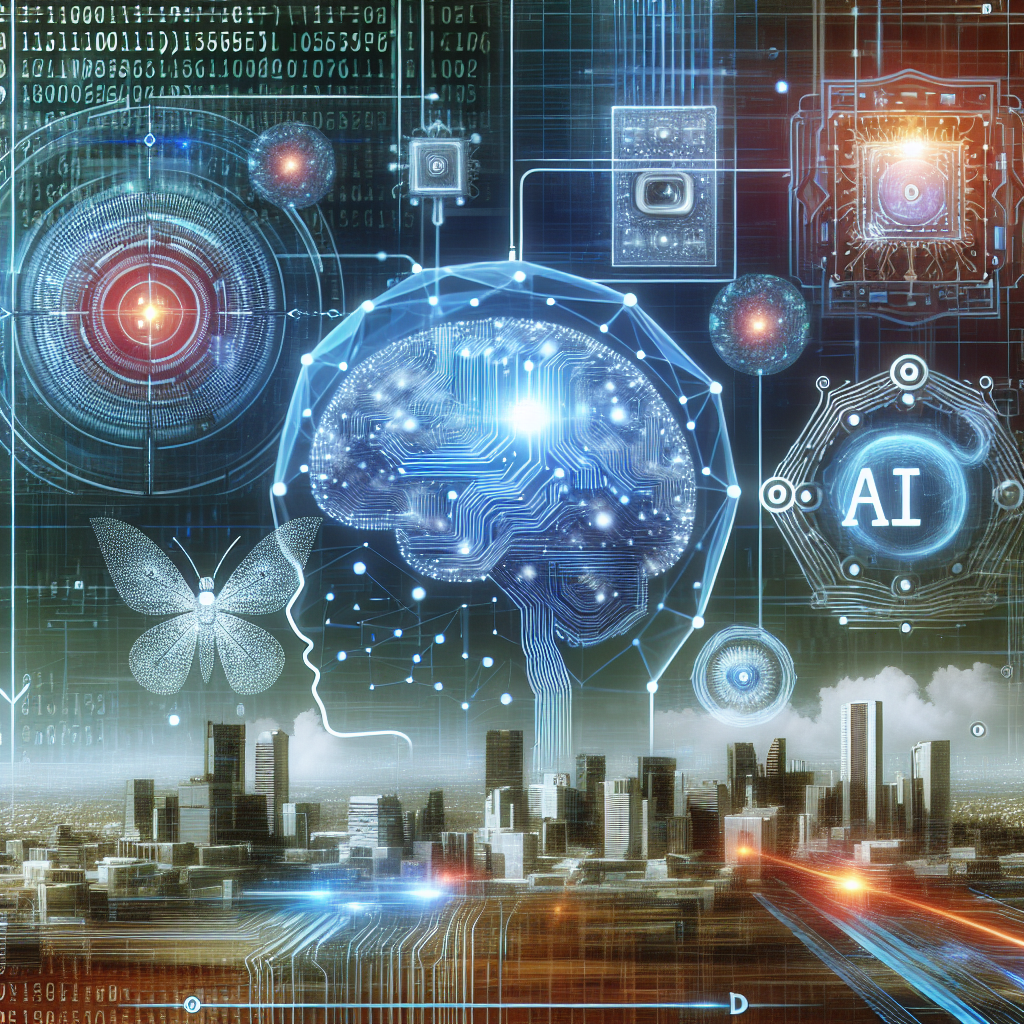AGI: A Game-Changer in Technological Innovation
Artificial General Intelligence (AGI) is a term used to describe a type of artificial intelligence that possesses the ability to understand, learn, and apply knowledge across a wide range of tasks and domains, similar to a human being. Unlike narrow AI, which is designed for specific tasks, AGI has the potential to revolutionize the way we interact with technology and reshape the future of society.
AGI has been a topic of interest and speculation in the field of artificial intelligence for decades. While significant progress has been made in developing AI systems that can perform specific tasks at a high level, such as image recognition or natural language processing, the development of AGI remains a challenge due to the complexity of human intelligence.
However, recent advancements in machine learning, neural networks, and computational power have brought us closer to realizing the potential of AGI. Researchers are now exploring new approaches to developing AI systems that can exhibit human-like cognitive abilities, such as reasoning, problem-solving, and creativity.
The potential impact of AGI on technological innovation is immense. AGI has the potential to revolutionize industries such as healthcare, finance, transportation, and entertainment by automating tasks, improving decision-making, and enhancing productivity. With the ability to analyze vast amounts of data and generate insights, AGI can unlock new opportunities for businesses to drive innovation and create value.
AGI also has the potential to transform the way we interact with technology. Imagine a world where AI systems can understand and respond to natural language, anticipate our needs, and adapt to our preferences in real-time. With AGI, we can create more personalized and intuitive user experiences that enhance our daily lives and empower us to achieve more.
In addition to its potential benefits, AGI also raises ethical and societal concerns. As AI systems become more intelligent and autonomous, questions arise about the impact of AGI on the workforce, privacy, security, and human rights. It is crucial for researchers, policymakers, and industry leaders to address these challenges and ensure that AGI is developed in a responsible and ethical manner.
Overall, AGI has the potential to be a game-changer in technological innovation. By unlocking the power of human-like intelligence in AI systems, we can create new opportunities for progress, growth, and transformation in the digital age. As we continue to advance the field of artificial intelligence, it is important to consider the implications of AGI and work together to realize its potential for the benefit of society.
FAQs
Q: What is the difference between AGI and narrow AI?
A: AGI refers to artificial intelligence systems that possess human-like cognitive abilities, such as reasoning, problem-solving, and creativity, across a wide range of tasks and domains. In contrast, narrow AI is designed for specific tasks, such as image recognition or natural language processing, and lacks the general intelligence of AGI.
Q: How close are we to achieving AGI?
A: While significant progress has been made in developing AI systems that can perform specific tasks at a high level, achieving AGI remains a challenge due to the complexity of human intelligence. Researchers are actively exploring new approaches to developing AI systems that exhibit human-like cognitive abilities, but it is difficult to predict when AGI will be realized.
Q: What are the potential benefits of AGI?
A: AGI has the potential to revolutionize industries such as healthcare, finance, transportation, and entertainment by automating tasks, improving decision-making, and enhancing productivity. With the ability to analyze vast amounts of data and generate insights, AGI can unlock new opportunities for businesses to drive innovation and create value.
Q: What are the ethical concerns surrounding AGI?
A: As AI systems become more intelligent and autonomous, questions arise about the impact of AGI on the workforce, privacy, security, and human rights. It is crucial for researchers, policymakers, and industry leaders to address these challenges and ensure that AGI is developed in a responsible and ethical manner.
Q: How can we ensure the responsible development of AGI?
A: It is important for researchers, policymakers, and industry leaders to collaborate and establish guidelines and regulations for the development and deployment of AGI. By prioritizing transparency, accountability, and ethical considerations, we can ensure that AGI is developed in a responsible manner that benefits society as a whole.

